Supreme Court ends electoral bonds
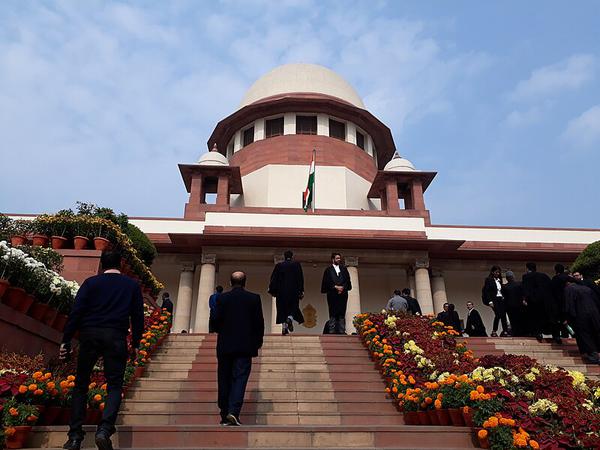
In a landmark judgment that has shaken the foundations of political funding in India, the Supreme Court declared the government’s electoral bonds scheme unconstitutional.
This historic decision came on Thursday, targeting several amendments to key laws. These include the Representation of the People Act, the Income Tax Act, and the Companies Act.
The court criticized the scheme for violating citizens’ right to information, thereby impacting the transparency essential to a democratic society.
The verdict mandates the State Bank of India to cease issuing electoral bonds and demands the disclosure of detailed transactions since April 12, 2019, to the Election Commission of India (ECI).
By March 6, SBI is to report all transactions, including purchasers’ names and bond denominations.
The ECI must then make this information public by March 13, ensuring a level of transparency previously bypassed by the scheme.
Electoral bonds yet to be encashed and within their 15-day validity are to be returned for a refund, emphasizing the court’s intent to correct the course of political funding immediately.
The unanimous decision by a five-judge bench underscores the judiciary’s concern over anonymous donations clouding political influence and decision-making.
This ruling arrives at a critical juncture, just before general elections, posing significant implications for political parties accustomed to the anonymity and ease provided by the electoral bonds system.
Critics of the scheme hailed the judgment as a victory for democracy and a restoration of faith in the judiciary’s role in safeguarding electoral transparency.
Legal experts note that while the decision does not affect bonds already encashed, it prohibits future anonymous contributions under the scheme.
Political entities are still permitted to receive funds directly, subject to existing regulations, ensuring that the judgment does not entirely bar political funding but seeks to enhance transparency and accountability.
The immediate impact on political parties, particularly in an election year, is anticipated to be significant.
The government’s response to this judgment remains to be seen. However, the ruling sets a precedent for the importance of voter information rights in the funding of political activities.
Image Credit: Pinakpani, CC BY-SA 4.0, via Wikimedia Commons
Image Reference: https://commons.wikimedia.org/wiki/File:Supreme_Court_of_India,_inside_view_07.jpg


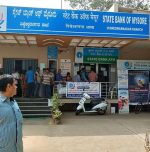
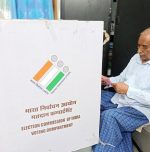
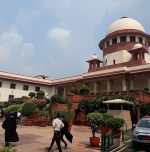
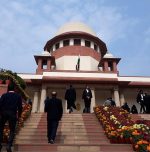

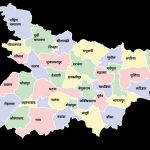


Leave a Reply